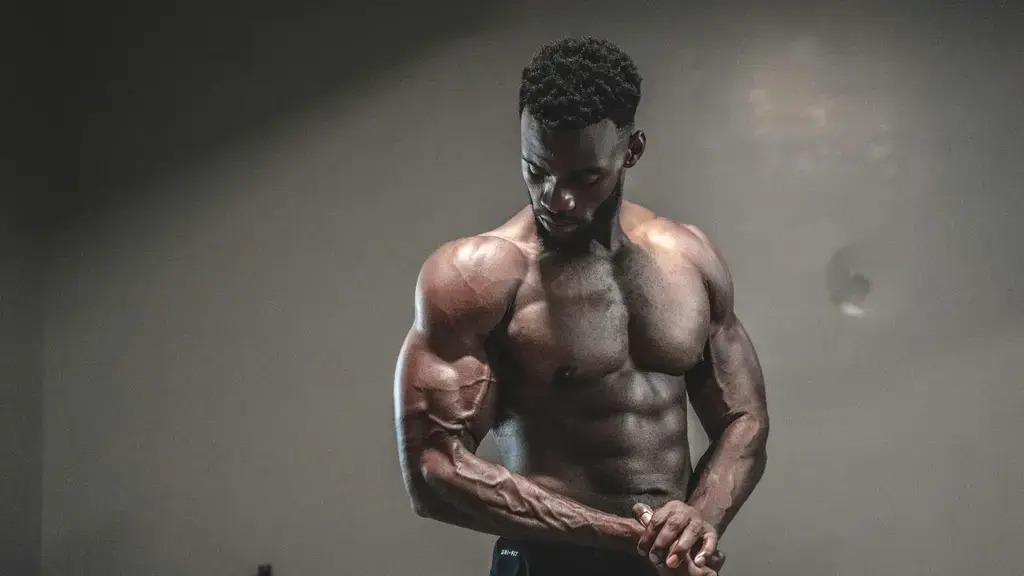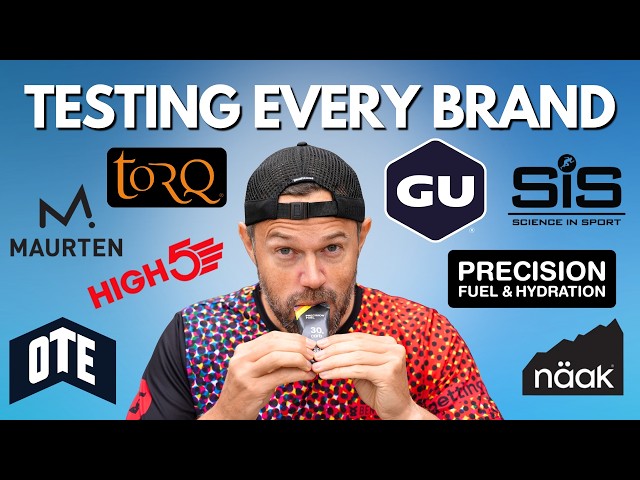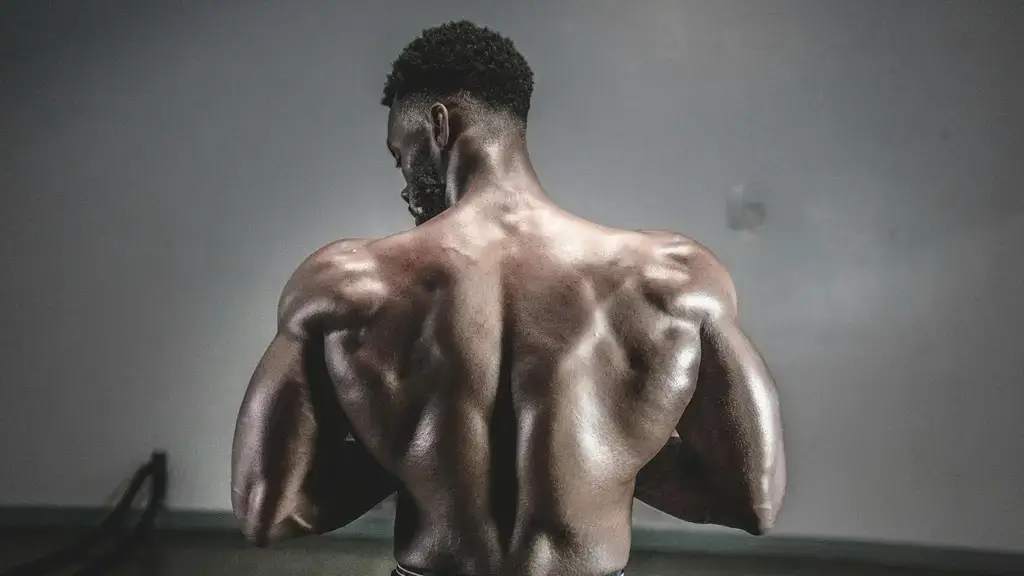Engaging in regular workouts without seeing desired results can be incredibly frustrating. While staying active is crucial, your diet plays an equally important role in achieving fitness goals. Simply put, if you’re working out diligently but not seeing the transformation you expect, the culprit might be your nutrition.
Understanding Nutrient Needs
The body requires specific nutrients to fuel workouts, aid recovery, and support muscle building. A lack of balanced nutrition might lead to insufficient energy levels, sluggish recovery, and stalled progress. Here are some key nutrients and their roles:
- Proteins: Essential for muscle repair and growth. Insufficient protein intake can hinder muscle development and prolong recovery.
- Carbohydrates: Provide energy for high-intensity activities. Low carbohydrate intake can result in fatigue and reduced workout performance.
- Fats: Necessary for hormone production and overall health. Healthy fats should not be overlooked as they are vital for sustained energy and many bodily functions.
Common Diet Mistakes
Even with the best intentions, many fall into dietary traps that undercut their fitness efforts. Here are some areas where dieters commonly slip:
- Restrictive Dieting: Cutting too many calories can cause the body to hold onto fat as it enters ‘starvation mode.’ This can halt weight loss and lead to muscle loss instead.
- Lack of Meal Planning: Not planning meals can lead to poor food choices, such as processed foods high in sugars and unhealthy fats.
- Overlooking Hydration: Water is crucial for optimal body function, including digestion and muscle performance.
Crafting an Effective Nutrition Plan
To complement your workout routine, consider these guidelines for an effective diet:
- Balance: Ensure a mix of macronutrients in every meal to fuel your body and support recovery.
- Whole Foods: Opt for nutrient-dense meals with a focus on whole grains, lean proteins, and vegetables.
- Hydration: Drink adequate amounts of water throughout the day, especially before and after workouts.
- Mindful Eating: Pay attention to hunger cues rather than eating out of habit or emotions.
Considering Professional Guidance
If recalibrating your diet still leaves you far from your fitness goals, seeking professional guidance might be a beneficial step. Nutritionists or dietitians can help tailor a diet plan to your specific needs and goals, ensuring that any dietary changes are sustainable and effective.
Long-Term Perspective
Ultimately, achieving fitness results is about finding the right balance between exercise and nutrition tailored to your personal needs. It’s a journey that requires patience and a willingness to adapt. Remember, consistency is key, and small, sustainable changes often lead to the most significant improvement over time. Ditch the quick fixes, pay attention to what your body needs, and watch as your hard work begins to reflect in the mirror.






